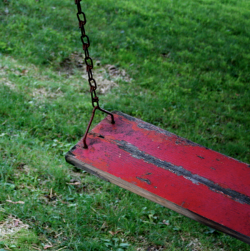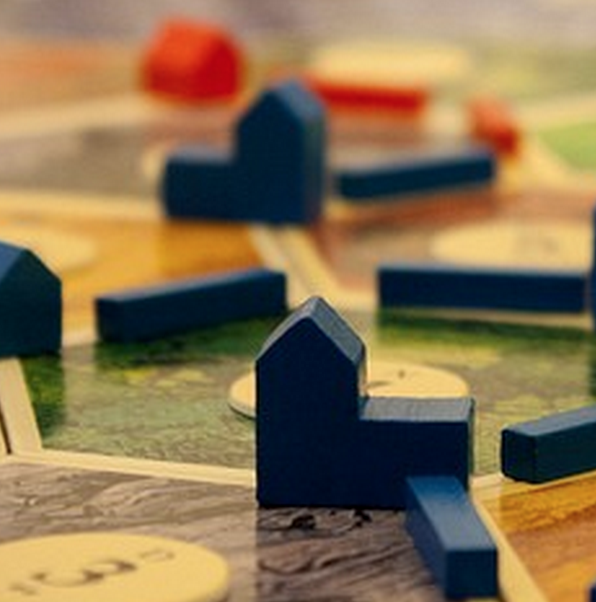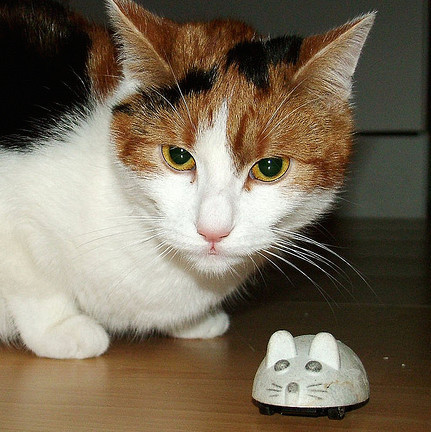The More You Improve, The Harder It Gets
I always love a good quest. While flying Southwest Airlines recently (it’s a long story) I happened to pick up the in-flight magazine and read about a guy who’s trying to become a professional golfer.
 The whole article is interesting but isn’t the easiest to read in online format. The short version is that Dan, an ordinary guy from my hometown of Portland, Oregon, is trying to become a professional golfer despite never having much of an aptitude for playing golf before.
The whole article is interesting but isn’t the easiest to read in online format. The short version is that Dan, an ordinary guy from my hometown of Portland, Oregon, is trying to become a professional golfer despite never having much of an aptitude for playing golf before.
Dan pursues the quest partly because he wants to see if it's possible. Does talent come about entirely through "putting in the hours"? Here's a real-life case study to find out.
Read More


 "I think the message in the book is that we all have flaws we can’t resolve." -Amazon reviewer
"I think the message in the book is that we all have flaws we can’t resolve." -Amazon reviewer
 You probably learned in kindergarten that life isn’t fair. You can’t always get what you want—and sometimes you might not even get what you need.
You probably learned in kindergarten that life isn’t fair. You can’t always get what you want—and sometimes you might not even get what you need. 
 Over the past few months, I've been interviewing people for my upcoming book on dream jobs. Many of the people I’ve talked to are really busy—they've found or created their dream job, but they also tend to do a lot of other stuff as well. Some of them have side businesses or run ultramarathons on the weekends. Some of them have active family lives. Some of them do all those things... and more.
I don't always ask the same questions of interviewees, but one tends to come up pretty often: "How do you find the time?"
Over the past few months, I've been interviewing people for my upcoming book on dream jobs. Many of the people I’ve talked to are really busy—they've found or created their dream job, but they also tend to do a lot of other stuff as well. Some of them have side businesses or run ultramarathons on the weekends. Some of them have active family lives. Some of them do all those things... and more.
I don't always ask the same questions of interviewees, but one tends to come up pretty often: "How do you find the time?"

 Deciding how you value your time can help you make decisions. But how do you really know what your time is worth?
Deciding how you value your time can help you make decisions. But how do you really know what your time is worth? 
 I was coming back from a run up and down Mount Tabor in Southeast Portland. I know the route well. It’s about a 5-6 mile loop from my house, depending on which path I take. More often than not, when I’m home for a while I run it at least once a week.
I was coming back from a run up and down Mount Tabor in Southeast Portland. I know the route well. It’s about a 5-6 mile loop from my house, depending on which path I take. More often than not, when I’m home for a while I run it at least once a week.








 You’ve heard the conventional wisdom: never check email in the morning.
You’ve heard the conventional wisdom: never check email in the morning. 
